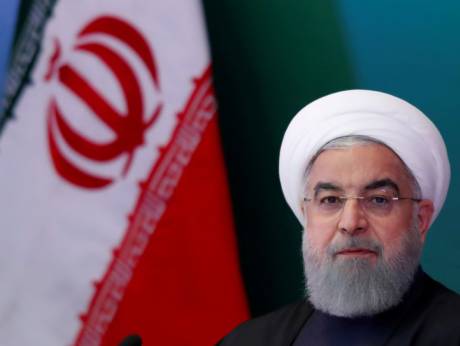Afia Ambreen
Recently, India has kick started the process to build six nuclear powered attack submarines which will significantly boost the Navy’s overall strike capabilities in the face of China’s growing military manoeuvring in the Indo-Pacific region. It is important to mention that Indian Naval Submarine (INS) Arihant, launched in 2016, is the country’s only locally built nuclear powered ballistic missile submarine and a symbol of its navy ambitions. India is only the sixth country to successfully build its own nuclear-armed submarine. Ironically, their symbol of pride was a major source of humiliation for the armed forces during their military might display on India’s 69thRepublic Day celebrations on January 26. The submarine took more than 10 months to dry and undergo repairs. However, according to the Indian defence ministry the vessel was now back in service.
In this context, a Chinese newspaper has gleefully dismissed India’s navy as “too amateurish” to operate nuclear submarines after the pride of its fleet was put out of service because of “indiscipline and slackness” of Indian crew. The nuclear-armed submarine, Arihant, had to return to port flooded with tears of humiliation after a crew member left a door open and resulted it flooding of the propulsion plant containing the nuclear reactor, when it went underwater. The Chinese newspaper, Global Times, said the Arihant error has shown most of India’s armed forces are “not well-educated and lack the necessary knowledge to operate advanced weaponry”. The paper also said the entire India’s military equipment was a “hodgepodge” of mismatched technologies with their expensive weapon imports from diverse sources such as Russia, France, UK and US — while India also tried to add domestic weapon variations.
The likely reason for this particular reaction is that China has begun to see developing Indian capabilities and intentions through the lens of the multi dimensional security challenges that India could pose over the medium term. First among these is the enhancement of India’s conventional capability, which China believes could have a direct impact on the situation in Tibet and over the boundary dispute. Second, China looks upon India’s strategic relations in the Asia-Pacific region, particularly growing India-U.S. and India-Japan strategic partnerships and the convergence of maritime democracies, as a part of a process aimed at China’s strategic containment. When it comes to India’s nuclear capabilities, China’s steadfast stand has been that India is not an internationally recognized nuclear-weapons state under the terms of the Non-Proliferation Treaty (NPT). Therefore, India’s ability to produce nuclear weapons does not accord it international recognition as a nuclear-weapons state. Notwithstanding this Chinese position, India’s status as an unofficial nuclear-weapons state is beginning to rankle due to India’s growing role as an emerging power and the changing geopolitics of the Asia-Pacific region as a whole.
On the other hand, China’s growing political and economic ties with India’s neighbors are also a subject of concern. Delhi watches warily increasing Chinese interactions political and commercial with and involvement in countries like Afghanistan, Bangladesh, Myanmar, Nepal and Sri Lanka. Concern about a military dimension being added persists. Beijing’s increasing interest in operating in the Indian Ocean, which India has traditionally considered its backyard, has also not gone unnoticed. While China emphasizes that these activities have benign goals like economic development, security for its ships, etc. some in India who tend to take a hawkish position are not convinced; others are taking a wait-and-see attitude. Even beyond the neighborhood, there are concerns about competition with China for markets, influence and resources across the globe.
In a nutshell, Indian foreign policy has traditionally been afflicting the neighbouring countries through its affirmative and hegemonic regional posture. Smaller nations of the South Asia region feel threatened and bigger countries remain wary of India’s dubious demeanor. This disparate nature of policy execution has led to the preparation of chaos in the region. Chaos is also distributed subtly through adopting long-term policies that create lack of harmony and order in the region, for instance, India’s refusal to attend SAARC Summit 2016, which pressured other regional countries like Afghanistan, Bangladesh and Bhutan to also pull out. This move seems to be counter-productive to India’s claimed regional leadership since true leader cultivates harmony, not disparity and chaos. The pretext of developing nuclear submarine by India for countervailing the Chinese prowling of the Indian Ocean as a security measure in not true as China cannot afford any instability in the Indian Ocean due to economic interests being paramount for China than any confrontation.



